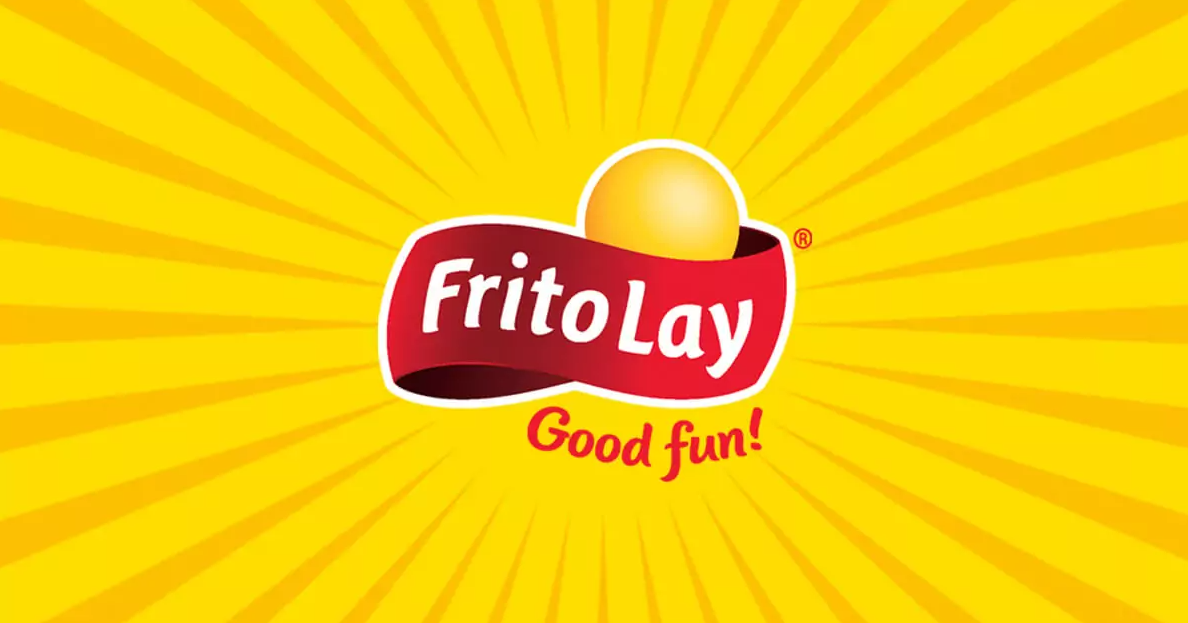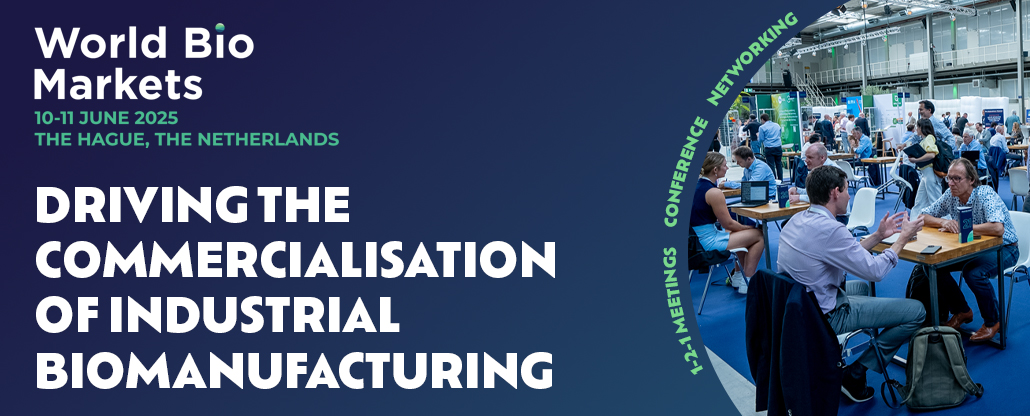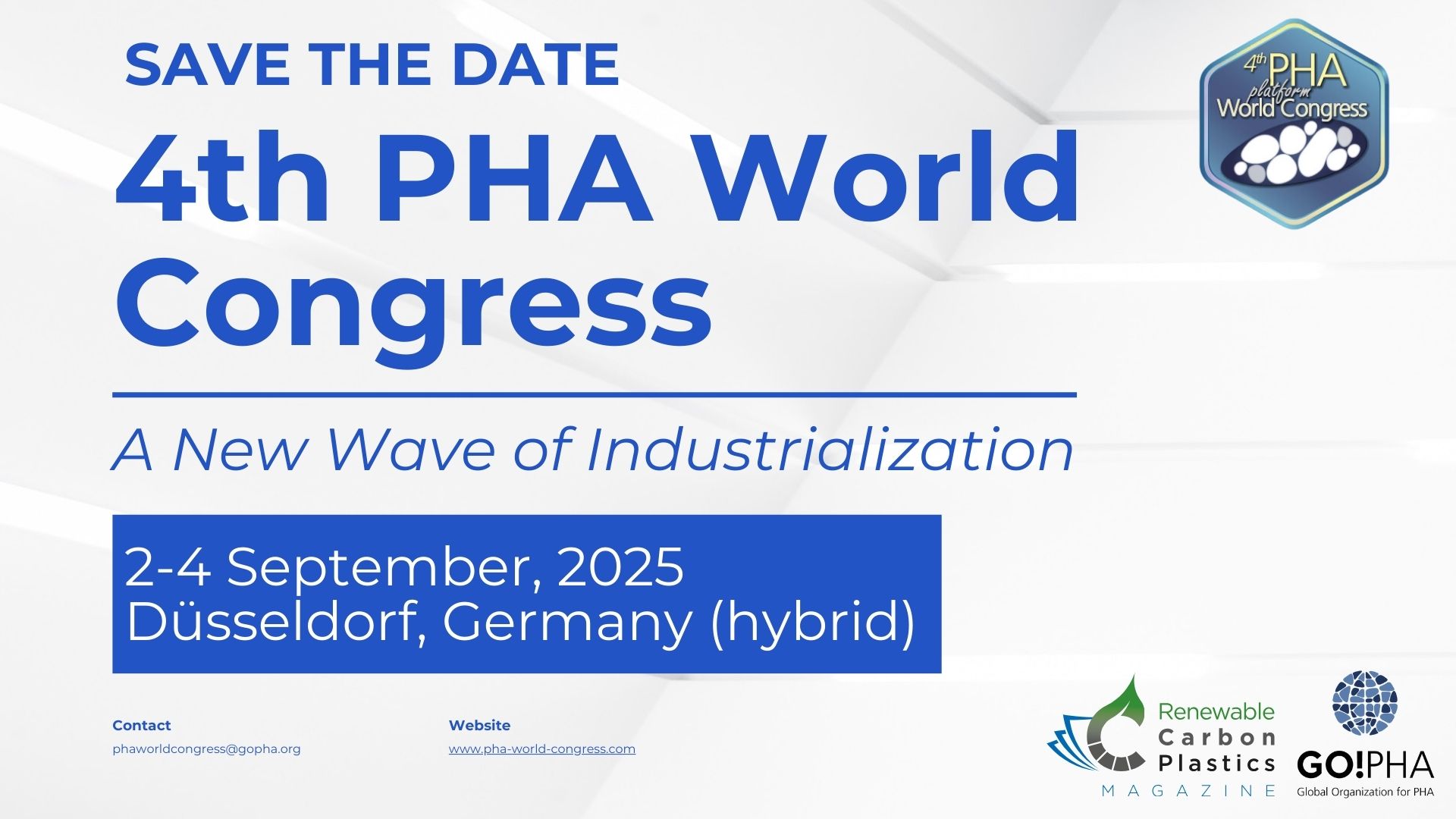Frito-Lay, a leading food manufacturer and division of PepsiCo, has completed a new facility in Modesto, California that claims to be a first-of-its-kind showcase for sustainable manufacturing, warehousing, and distribution technologies.
The project was started in 2019 and supported by the California Climate Investments (CCI) initiative, in conjunction with the San Joaquin Valley Air Pollution Control District (SJVAPCD) and the California Air Resources Board (CARB), to demonstrate the sustainability benefits of zero-emission (ZE) and near zero-emission (NZE) technologies.
The facility is the first Frito-Lay manufacturing facility to implement site-wide alternative fuel vehicles, on-site renewable energy generation, energy storage equipment and employee electric vehicle charging stations.
“At Frito-Lay and PepsiCo, we are dedicated to operating within our planetary bounds and inspiring positive change. The transformation at Modesto is in direct support of our PepsiCo Positive commitment to building a circular and inclusive value chain and achieving net zero emissions by 2040,” said Steven Williams, CEO of PepsiCo Foods North America. “To date, the Frito-Lay Modesto transformation has resulted in a 91 percent reduction in greenhouse gas (GHG) emissions from direct fleet operations, or 5,250 metric tons of GHG emissions. If the standard 4-person compact SUV drives on average 15,000 miles per year with an average MPG of 25.5, this reduction is the equivalent of removing just over 1,000 standard compact SUVs from the road.”
Now near completion, the transformation at Modesto is a template for and can help accelerate the continued proliferation of large-scale commercialization of ZE and NZE technologies at freight facilities and warehouses, magnifying emissions reduction benefits on a broad scale.
The upgrades in Modesto employ the latest in sustainable technology to reduce environmental impact, while also offering employees on-the-job training to maintain and operate the new high-tech equipment. These updates include the replacement of diesel fleet assets with ZE and NZE alternatives, fueling and charging infrastructure for the new fleet, and on-site renewable energy generation and storage. These technology upgrades are another step in achieving our pep+ goals.
“CARB’s approach to fighting local air pollution is to work with industry and other partners on projects that demonstrate how a fleet can protect public health by shifting to clean vehicle technologies and equipment. This includes zero-emission trucks and related charging infrastructure,” said CARB Executive Officer, Dr. Steven Cliff. “The transformation of the Frito-Lay facility in Modesto is a notable example of this approach. It also makes the case to other fleets and freight facilities in California — and throughout the nation — that a shift by companies and fleets to the cleanest trucks and equipment directly improves the air for communities adjacent to these facilities.”







